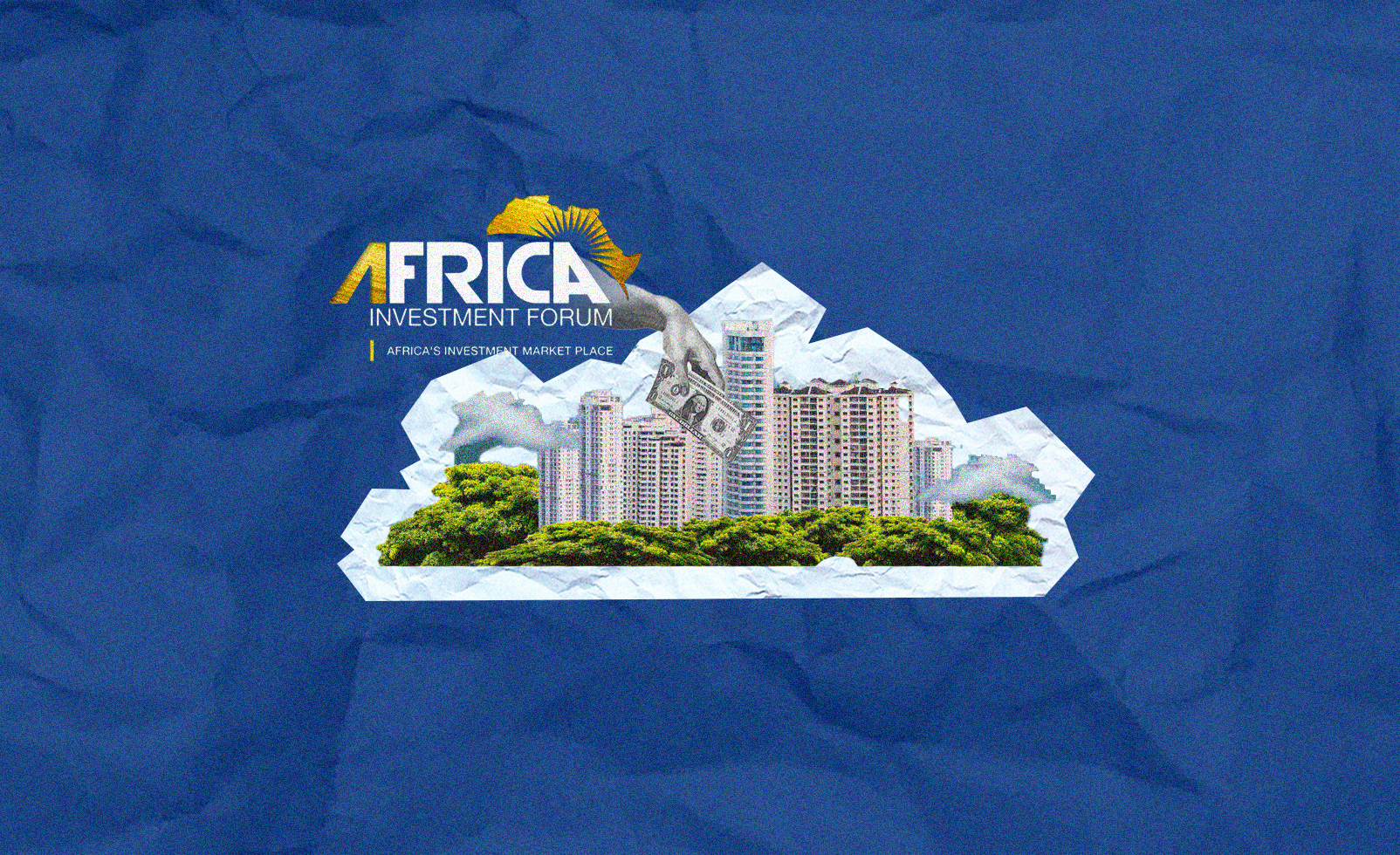Lagos State Is Trying To Make The Mortgage Board More Independent
Dolapo Omidire . 9 years ago
development
fashola
lagos homs
lagos state mortgage board
mortgage and property law 2010
premium
property
real estate

Share this post
Subscribe to our newsletter
Earlier this week the property sector saw yet another legislative amendment from the Lagos State Government. This time, changes were made to the Lagos State Mortgage and Property Law of 2010 in a bid to make the State's Mortgage Board more independent with less interference from individuals or bodies during the discharge of its duties.…
Earlier this week the property sector saw yet another legislative amendment from the Lagos State Government. This time, changes were made to the Lagos State Mortgage and Property Law of 2010 in a bid to make the State’s Mortgage Board more independent with less interference from individuals or bodies during the discharge of its duties. The government hopes that this will make the law more effective; and expressed optimism on growth prospects for institutional support in the development of housing and provision of mortgage financing.
The Lagos State Mortgage Board was set up to act as the party to own government housing which would be sold to residents. It was initially run on a part time no salary basis, however this came with problems during implementation. Governor Fashola anticipates that this new amendment will allow the (now more independent) Mortgage Board ‘run their own show’ and decide who is qualified to own a house based on predetermined criteria without any external pressure.
Prior to this, the Ministry was traditionally set out to own housing government intended to sell. However, on advise, the government saw that the Ministry did not have any legal capacity to hold title as it is not one of the artificial legal entities recognized by law.
In Janaury, Governor Fashola signed an executive order to reduce land transaction fees from 13% to 3%, however this came with increases in the benchmark land values on government records that land transaction fees are calculated from. He also recently signed legislation to consolidate the largely bureaucratic land registration process.
Related News
You will find these interesting

Bisi Adedun . 5 months ago
Africa Investment Forum
AIF

Bisi Adedun . 5 months ago
housing
personal finance

Bisi Adedun . 5 months ago
Century city
New City